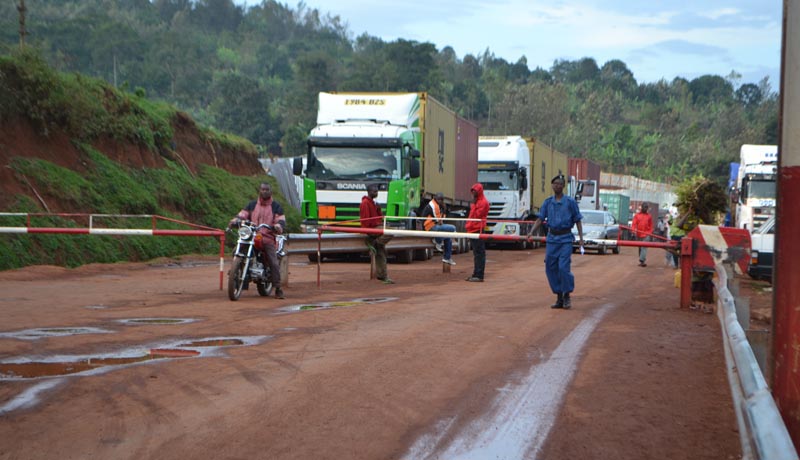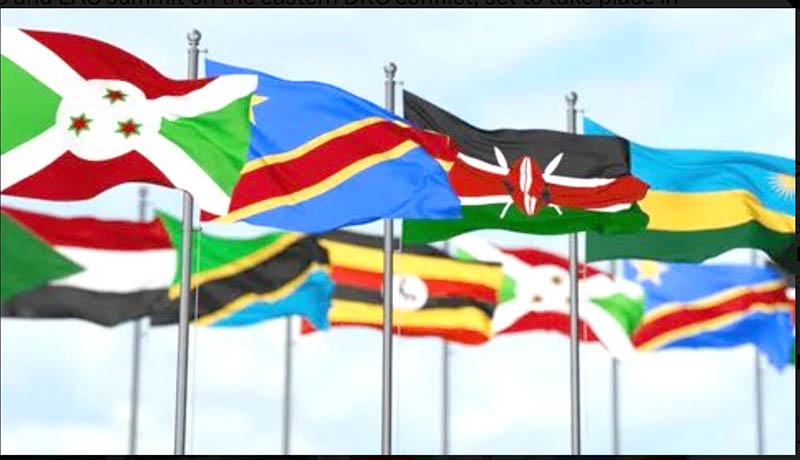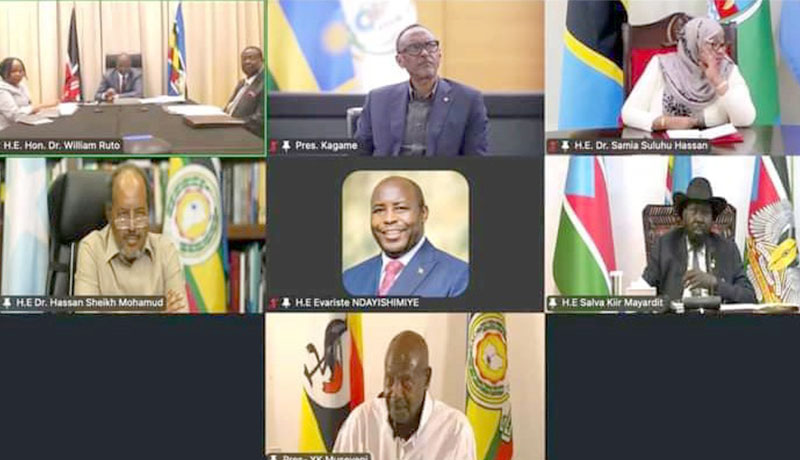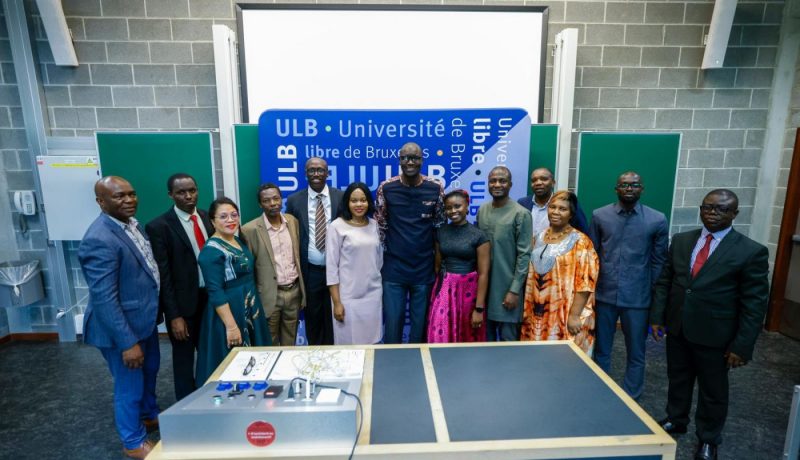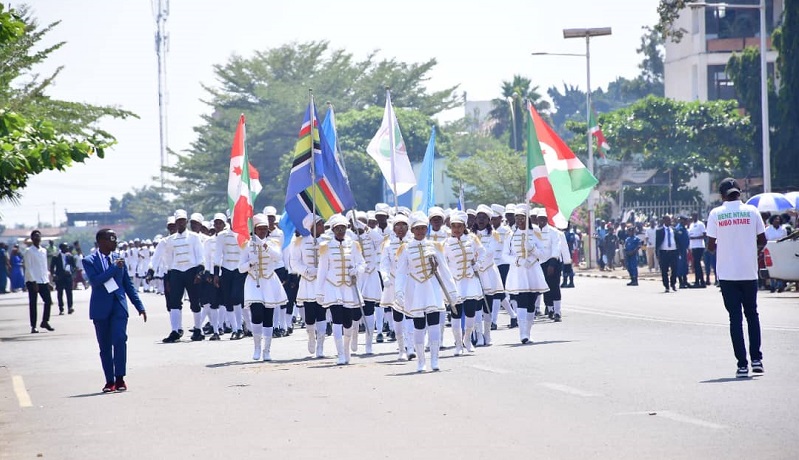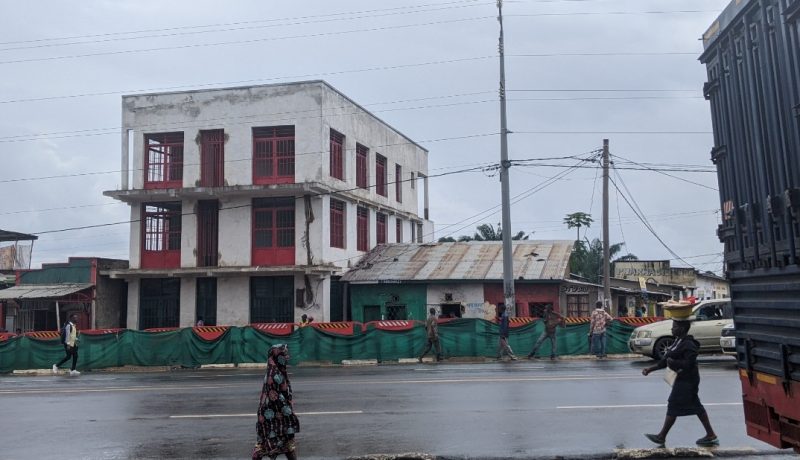ABADT (Association Burundaise des Agences en Douanes et Transitaire) and ASBADTT (Association Burundaise des Agences de Dédouanement, Transit et Transport) do not share the same views on the training program in process.
The East African Customs and Freight Forwarding Practicing Certificate (EACFFPC) is a joint training program of the East Africa Revenue Authorities (EARAs) and the National freight forwarding associations affiliated to the Federation of East African Freight Forwarders Associations (FEAFFA). The course is offered to individuals already practicing or intending to practice in the clearing and forwarding industry throughout the East African region.
According to Cyriaque Ndayizigiye Executive Secretary of ASBADTT (Association Burundaise des Agences de Dédouanement, Transit et Transport), that training program is useful because it provides necessary knowledge to East African Community members. But members of ASBADTT are against (ABADT) leaders who oblige them to pay an amount of 350$ per each trainee whereas Trade Mark East Africa has funded the training program. Furthermore, all trainees are not treated in the same way, those from ABADT pay only 250$ whereas ASBADTT members pay 100$ more than ABADT followers.
“They obliged us to pay the training for clearing agents. As far as I am concerned, I can’t pay for any person because the Training Program ought to be free because it is financially supported by Trade Mark. Moreover, they say that even those who have been qualified in Customs duties should be trained again. It is not understandable because I can’t be a trainer and a trainee at the same time” deplores Ndayizeye.
“It is quite normal that only new agents get that training. But in order to have much money they say that the training is compulsory to all Customs agents. For us, we only need training in English in order to be integrated into EAC” he adds
Recommendations
ASBADTT members want the training to be managed by OBR because even in other EAC countries, activities like those are under the supervision of Revenue Authorities. He adds that the training should be free for their employees as it is financially backed by Trade Mark.
Christella Munyana, the Coordinator of the training program doesn’t share the same view and explains that ABADET (Association Burundaises des Agences en Douane et Transitaire) started to participate in seminars organized by FEAFFA(Federation of East African Freight Forwarders Association) in 2007 for the elaboration of the training program. And in 2009, Burundian customs agents’ training started. Since 2011, Trade Mark has begun to fund FEAFFA to support the training program which has started in Burundi, Rwanda, Kenya, Uganda, and Tanzania. The Trade Mark financial support doesn’t cover all the needs, only about 50% are covered and the remaining needs are supported by participants in the training.
CIC (Curriculum Implementation Committee) and NCI (National Implementation Committee) have been created in the Region and within each country respectively. The two committees are aimed at making the follow-up of the implementation of the training program.
She adds that FEAFFA financial support will stop at the end of 2013 and trainees will be obliged to pay 600$ to have access to the training.
“I call upon any customs agent who hasn’t got yet the training to do his/her best to participate in the 3rd and last training financed by FEAFFA; otherwise, they shall pay 600$, ”she highlights.
She concludes that any worker who will not have got the training in 2014, he will no longer be authorized to operate as a customs agent in EAC following the official note addressed by OBR.
